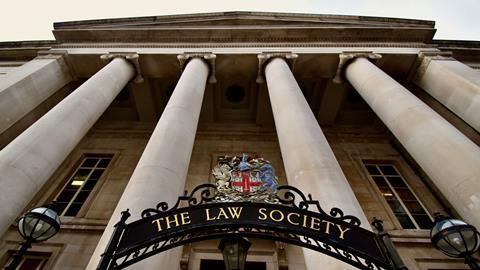Independent economic analysis on civil legal aid sustainability has prompted the Law Society to call for a 20% increase in fees as an interim measure to save the fragile sector from collapsing. The recommendation has been welcomed by a legal aid firm that has had to significantly reduce the amount of loss-making work it takes on.
Research commissioned by Chancery Lane, conducted by Frontier Economics, found that if housing legal aid reforms reduced significant housing disrepair by just 5%, the NHS would save £15m a year. However, lawyers lose money doing housing legal aid work.
The number of civil legal aid providers has dropped by 19% over the past five years. To stabilise a ‘vital public service’, the Society has called on the government to raise fees by 20%, which would cost £134m. Some £17m would be spent on early advice in key areas, £4.3m on housing and £32m for family cases involving domestic abuse.
The Society says this additional funding would go a long way to maintaining community access to the civil justice system while creating space for the civil legal aid review, commenced under the previous government, to resume and finish its work.
Matthew Davies, deputy managing partner at London firm Wilson Solicitors, welcomed the suggested 20% uplift, noting that fees have been frozen for a quarter of a century. ‘It is less than half the value that has been lost but it will keep civil legal aid on life support for a while,' Davies said.
Wilson Solicitors has had to dramatically reduce the number of new civil legal aid cases it takes on because the work is loss-making. A 20% fee uplift ‘would mean that we could once again take on legal aid cases in some volume’, Davies said.
He added: ‘For legal aid to be sustainable in the future we need the rates to be reviewed regularly so they do not lose their value due to inflation. Ideally that should be by an independent body to remove the politics from legal aid. Hopefully lawyers can get behind the Law Society demand and write to their MPs.’
This article is now closed for comment.




























5 Readers' comments